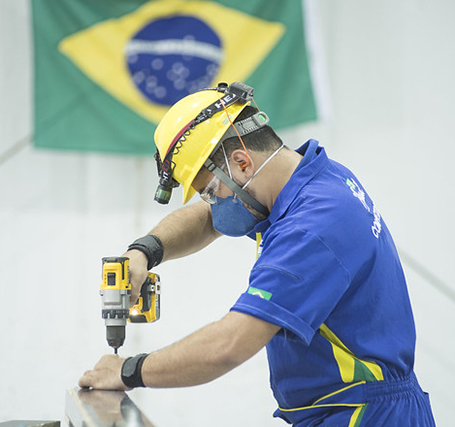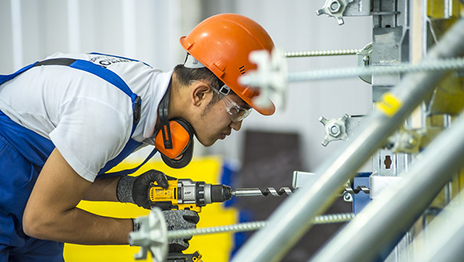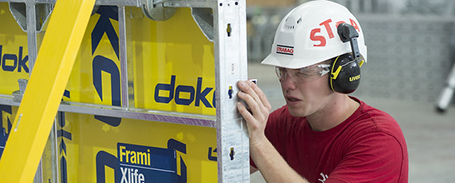Concrete Construction Work
Concrete construction workers provide the concrete which is the core element of any construction project. They are closely associated with skilled individuals in other parts of the construction industry, and work with the many products that support it, normally for commercial purposes on varied types of building projects and sites.
Concrete construction workers need to be physically strong and possess manual dexterity. In addition, an ability to read and understand blueprints and to make sure that they match work orders is essential. They also need to work closely with quantity surveyors to make sure there is no wastage of concrete. Operating hand and power tools is another part of their job, so learning how to use them safely is vital. Safety is also crucial in preparatory work when erecting scaffolding and carrying out the demolition of old structures.
Employment of concrete construction workers is projected to grow, much faster than the average for all occupations. Experts in this field will be in demand to build and reconstruct roads, bridges, factories, and residential buildings to meet the demands of a growing population and aging infrastructure.
Competitors and results

Junhui Chen
723

Junhong Li
723

Alexander Krutzler
723

Mateo Grgic
723

Niklas Berroth
719

Julian Kiesl
719

















